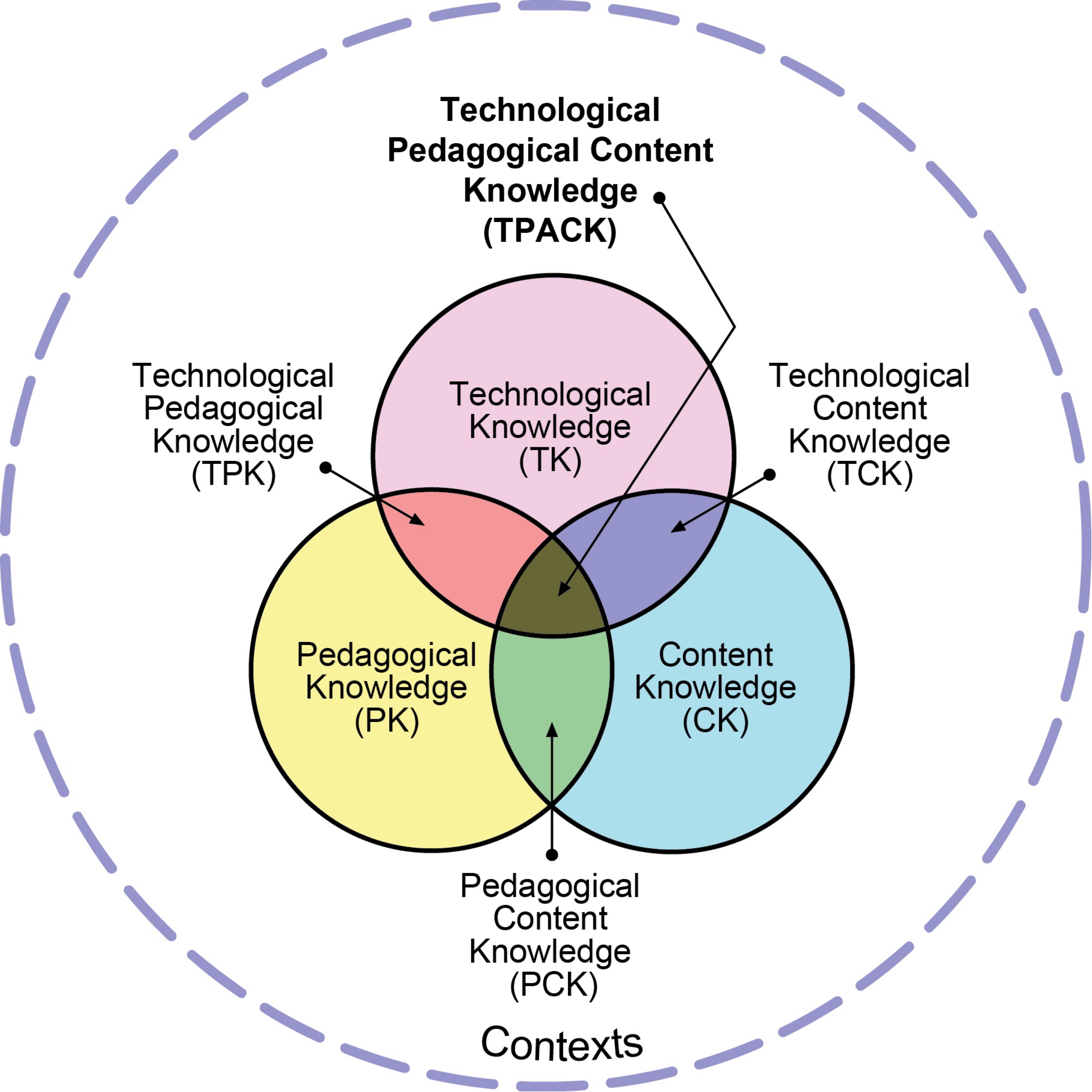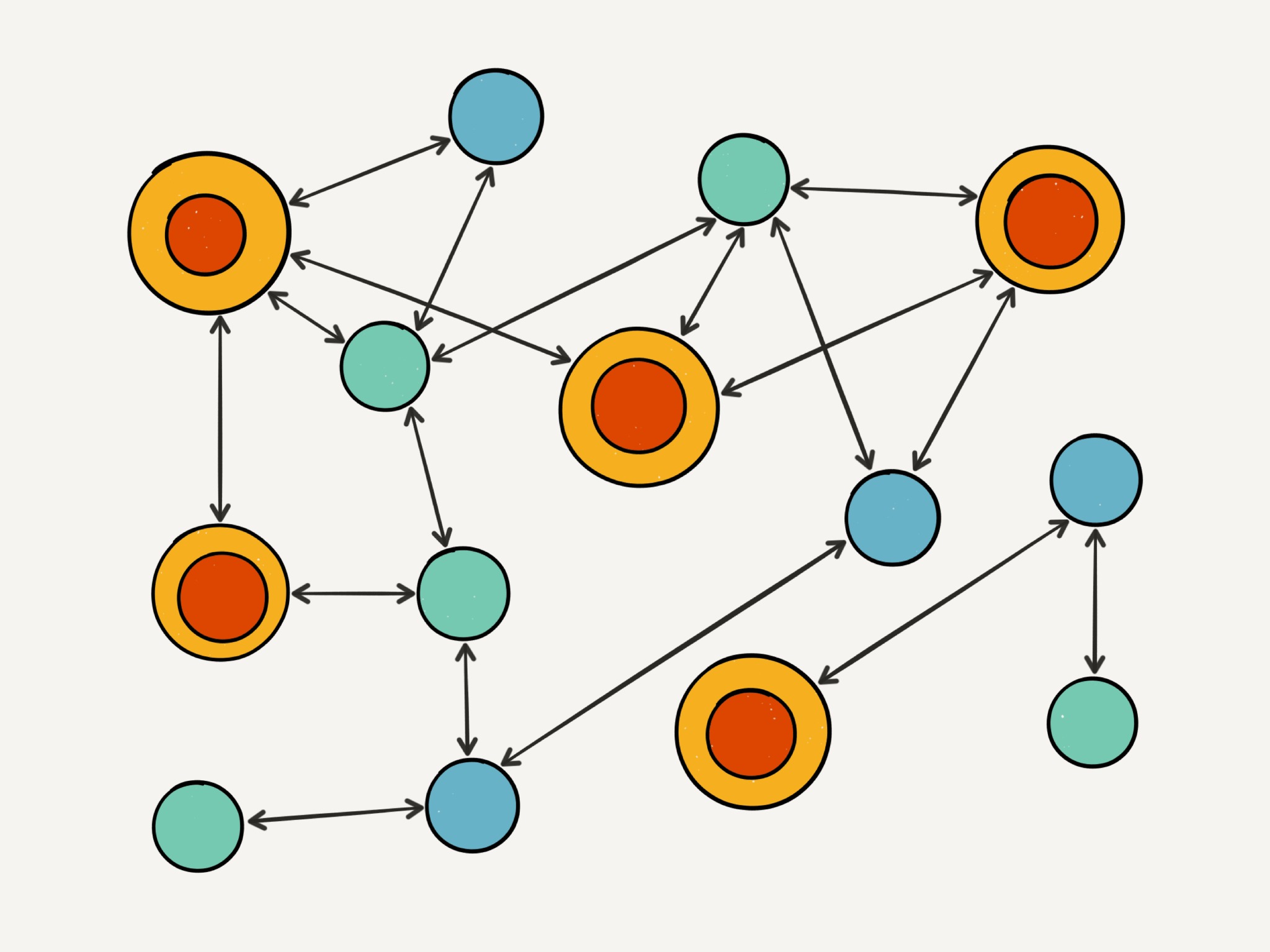Strategies, action plans, guidelines, polices and frameworks are pervasive in H.E. Often the lines between them are blurred.
It's not about making everyone use digital tools for the sake of it, but asking that everyone engages in the understanding of them to make informed decisions.
Programme / Course level curriculum design is complex and should not be rushed. In this post I outline my overarching approach to this.
Having supported numerous Course teams through this process in various subject areas over the years, I have consistently drawn upon Biggs’ constructive alignment model which has underpinned my approach to this work and in my experience transcends disciplines.
Listen to the short audio file above or subscribe to the “peacast” via any of the services […]
OK - the rumours are true, I'm starting a new job in July at the University of Liverpool. Read for more details.
As Virtual Reality becomes more accessible (in terms of development and consumption) what might the future hold for university estate strategies?
I count myself as very fortunate to be part of such a passionate community that is the Association of National Teaching Fellows.
This years annual symposium was once again a tapestry of rich discussion, critical thought and exchange of ideas
Self-Determination Theory frames motivation around these 3 experiences as individuals: autonomy, competence, and relatedness. How can we develop an EdTech model which have a model that is more intrinsically motivated?
I am proposing that we focus on Next Generation Digital Learning and forget about the environment element for now. That's not to say they are not important (I will come on to them) but that we don't necessarily need any new environments, we just need better links and connections to the ones we have.













